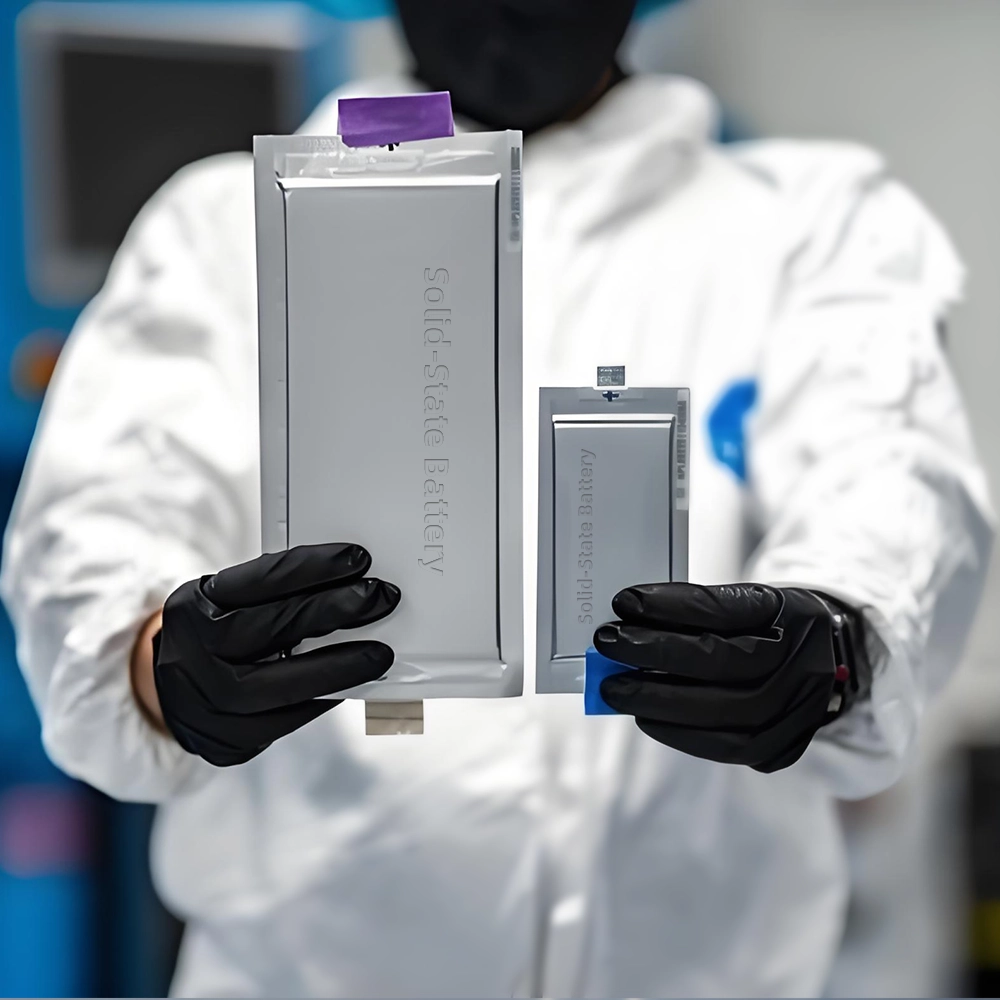Since September 2022, BYD has been actively laying out its European market strategy, partnering with local collaborators to swiftly introduce its range of new energy vehicle models to 20 European countries, including Germany, the UK, Spain, Italy, France, the Netherlands, Norway, and Hungary, with over 250 stores opened in total.

On March 20th, BYD (stock code 002594) held a launch event in Greece, unveiling the Yuan PLUS (BYD ATTO 3) and the Seabiscuit models, officially entering the Greek passenger car market. This move signifies a further expansion of BYD's European green journey.
The launch event was co-hosted by BYD and the Greek distributor Sfakianakis Group at Zappeion Hall in Athens, the capital of Greece, a venue that holds both symbolic and historical value. The two BYD models launched this time are the Yuan PLUS (BYD ATTO 3) and the Seabiscuit, with plans to introduce additional models such as the Dolphin, Song PLUS EV Champion Edition, and Song PLUS DM-i Champion Edition in the future.
Founded in 1958, the Sfakianakis Group is one of the leading business groups in Greece, with over 1,500 employees across 14 countries in Europe. Currently, BYD has opened its first store in Athens, with the second store set to commence operations in early April, where consumers can visit to experience and order BYD products.
Since September 2022, BYD has been actively expanding into the European market, working with local partners to quickly introduce its range of new energy vehicle models to 20 European countries, including Germany, the UK, Spain, Italy, France, the Netherlands, Norway, and Hungary, with over 250 stores opened in total.
BYD stated that, looking ahead, the company will continue to deepen its localization strategy, driven by technological innovation, to continuously broaden the path of green transportation in Europe and even globally, promoting the development process of the global new energy vehicle industry.




The lab focuses on solid-state battery research to overcome traditional lithium batteries' safety and energy density issues, supporting environmental sustainability. It develops innovative solid-state electrolytes, refines electrode materials, and investigates ion transfer and interface stability to revolutionize battery technology.

The electric vehicle battery industry is rapidly developing, focusing on technological innovation, market competition, and sustainability. Research hotspots include solid-state batteries, new types of electrolytes, BMS optimization, and recycling technologies. The environmental adaptability, safety, and economic viability of batteries are key research areas, and the industry is expected to undergo more innovation and transformation.

Specializing in battery preparation technology research, the focus is on overcoming existing energy storage challenges by innovating in electrode materials, battery chemistry, and manufacturing processes to improve performance, safety, and reduce costs. Sustainability and recycling technologies for batteries are also emphasized to mitigate environmental impacts and foster the growth of green energy.